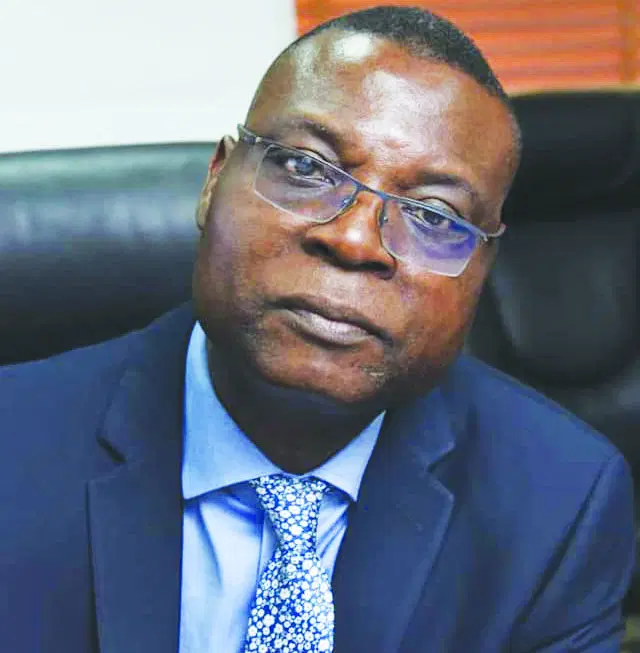In a positive turn of events, Dr. Aminu Maida, the Executive Vice Chairman of the Nigerian Communications Commission (NCC), announced last week in Lagos that the SIM-NIN Linkage Policy has been formally completed. This development means that every phone number in Nigeria is now linked to its owner’s identity, thanks to the efforts of the National Identity Management Commission (NIMC).
A Long and Painful Journey
Dr. Maida expressed that the implementation of the Federal Government’s 2020 policy linking phone numbers to National Identity Numbers (NINs) was challenging for many Nigerians. “We have recently concluded the implementation of the Federal Government’s 2020 policy of the linking of every phone number to a NIN. Though it was a bit painful for Nigerians, I think we also need to appreciate what this does for us. Today, there is no phone number that we cannot associate without a verified NIN,” he stated during the 2024 Annual Corporate Governance Conference.
The policy, which began in December 2020 with a two-week implementation timeline, faced numerous twists and turns. Therefore, the announcement of its completion feels more like an anticlimax than a genuine accomplishment. Nonetheless, it is appropriate to congratulate both the NCC and NIMC for bringing closure to an initiative that often caused distress among Nigerians.
The Promise of Enhanced Security
Initially introduced as a solution to bolster national security and combat fraud, the policy was backed by President Buhari in March 2021. He emphasized that linking SIM cards to NINs was crucial for enhancing security and improving access to services provided through telecommunications. Minister of Communications and Digital Economy, Dr. Isa Ali Ibrahim Pantami, echoed this sentiment, highlighting that the policy could significantly improve national planning, tackle security challenges, and enhance Nigeria’s GDP.
Pantami had previously voiced concerns for his safety due to his staunch support for the policy, insisting that threats would not deter him. However, the policy’s introduction during the COVID-19 pandemic, which favored remote work over mass gatherings, coupled with inadequate planning and execution, led to widespread public outrage.
A Mixed Reaction
Despite the NCC’s claim that 153 million SIMs—approximately 96% of the total subscribed mobile lines—have now been linked to NINs, the reality on the ground reflects a more complicated narrative. As of March this year, there were 219 million subscribers on the GSM network. Many observers questioned the accuracy of the NCC’s statements and the practical implementation of the policy.
Reuben Muoka, Public Affairs Director at the NCC, had set a deadline of September 14, 2024, following MTN’s mass disconnection of subscribers without proper NINs. The announcement was met with skepticism by many who had experienced the challenges of the process firsthand.
The Potential Impact
With the completion of the SIM-NIN linkage, there are hopes for a decline in criminal activities, such as banditry and cybercrime, as phones—the primary tools of these criminals—will now be associated with verified identities. The expectation is that this policy will reduce scam calls and enhance the integrity of electoral processes through fingerprint verification.
However, the reality remains that Nigeria is far from achieving a utopian state where everything functions seamlessly. While the country has the laws and capacity to execute projects, the historical pattern shows that many initiatives have been compromised or undermined.
Conclusion
In summary, while the completion of the SIM-NIN Linkage Policy is a step forward, it must be viewed with caution. The Nigerian populace has been disappointed before, and trust is scarce. For this policy to yield positive results, sincerity in execution and a commitment to uphold the rights and dignity of citizens are essential. The path forward will require sustained effort and vigilance to ensure that the gains made are not eroded by corruption or incompetence. As we look ahead, the hope is that this initiative will pave the way for a more secure and accountable Nigeria.

